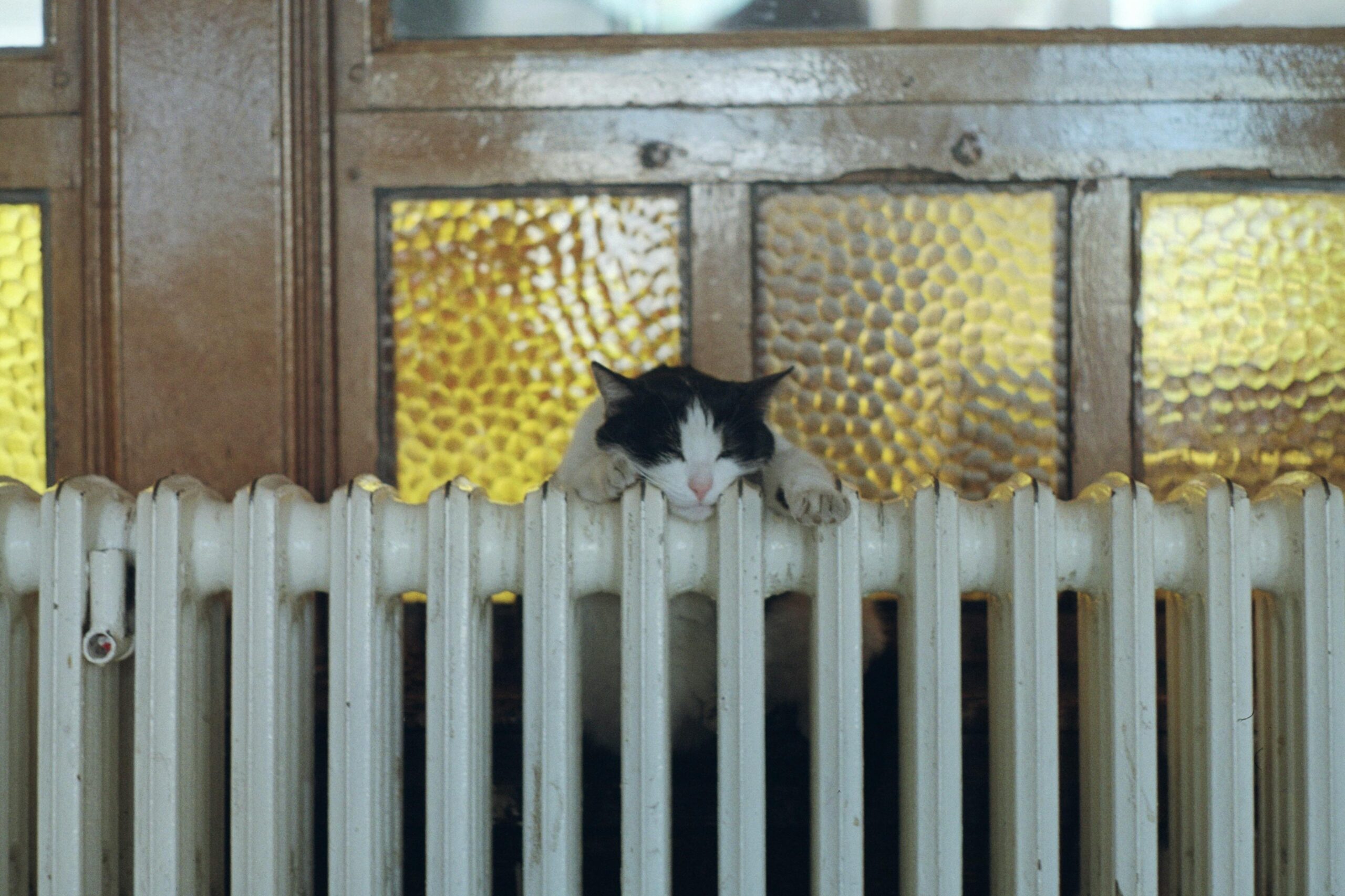Serving The Wasatch Front Area
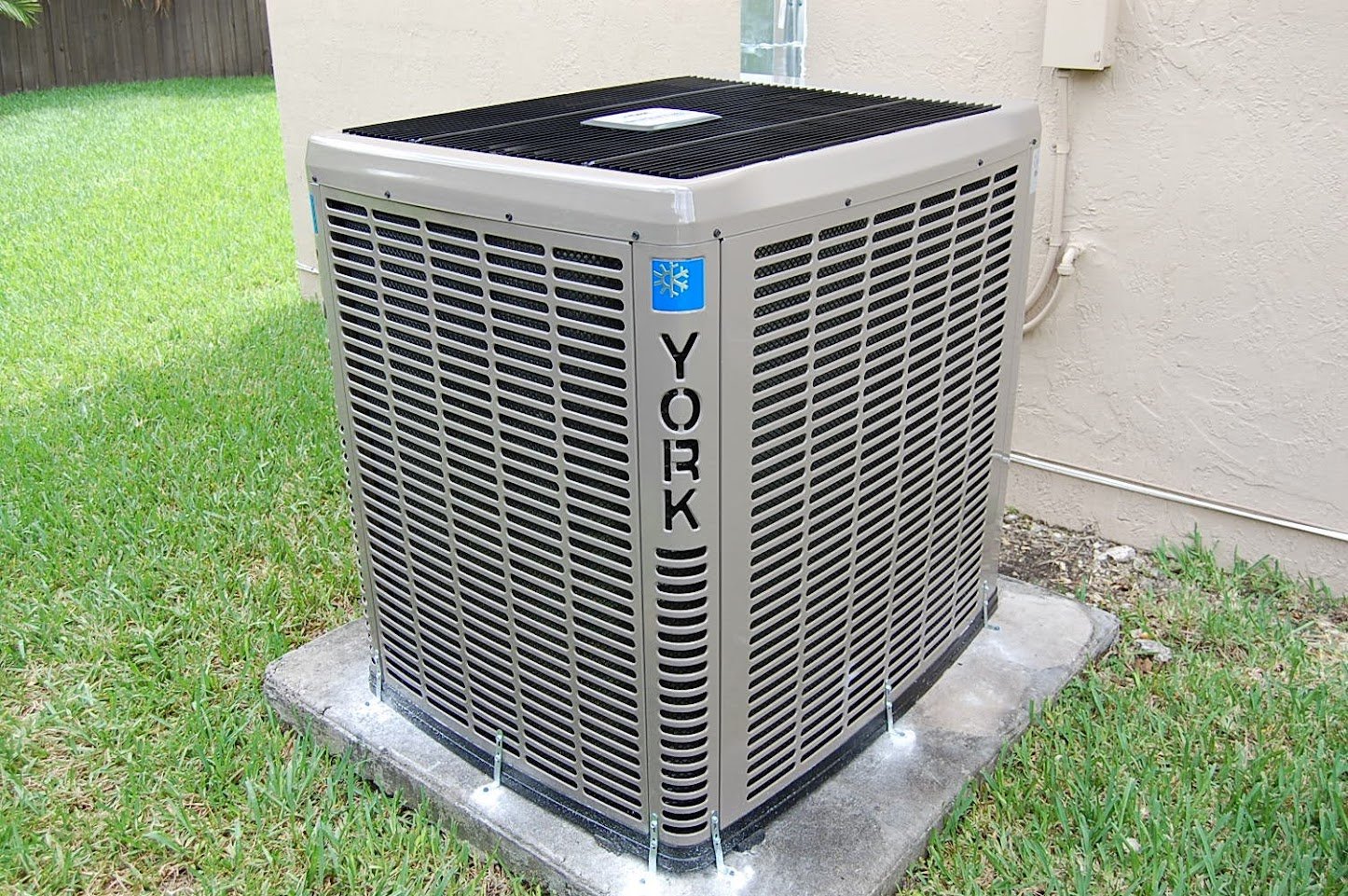
HVAC Buying Tips: Select The Best Unit For Your Home
September 23, 2022
A heating, ventilation, and air conditioning (HVAC) system can cool, heat, and ventilate your home to increase comfort. However, you need to choose the right unit type to minimize energy bills and boost functionality. This guide provides tips on selecting the best HVAC for your home.
Look at the Noise Levels
Every homeowner will welcome an HVAC that is quiet or produces minimum noise. The quieter the unit is, the more satisfied the owner will be. For example, you don’t want a noisy unit in the bedroom to disturb your sleep.
Generally, manufacturers of HVAC units will indicate the noise information. This information will provide details about the fan speeds and noise levels in various environments. Therefore, you can always choose a unit with the lowest noise levels.
Check the Warranty
You definitely want a unit that can serve you for many years. Thus, always check each unit’s warranty and pay special attention to the restrictions and terms.
Slight differences are likely to exist between warranties from different manufacturers. For example, one warranty may offer to replace the entire unit while another warranty can only replace the damaged parts of the HVAC. Another key difference is the warranty’s duration. Some warranties will be valid for only a year while others can remain valid for up to five years.
Know the Required Maintenance
Every HVAC requires maintenance to sustain optimum performance. Nevertheless, the frequency and amount of maintenance vary from one unit to another. For instance, you may have to remove and clean the filters regularly.
Regular inspections are also a crucial part of HVAC maintenance, but the frequency will vary from one unit to another. For instance, an outdoor HVAC unit requires seasonal inspections and cleaning.
Similarly, some units will have specific requirements to operate smoothly. A case in point is the requirement of a water source to run evaporative HVACs. Moreover, some units have elaborate and costly repair processes. Therefore, proper research is necessary to determine the HVAC’s maintenance needs.
Choose the Appropriate Size
An oversized HVAC isn’t always more effective than a small one. An oversized unit can utilize excessive energy to heat or cool a small room. Moreover, the oversized unit will struggle to maintain the correct humidity levels, causing the space to feel uncomfortable.
Therefore, you need to select a unit that matches the size of the home. Calculate the heating and cooling needs of your rooms. Alternatively, you can ask a plumbing professional to help you understand your home’s heating and cooling requirements.
Consider the Efficiency
Efficiency refers to the amount of electricity that an HVAC requires to provide a specific amount of heating, cooling, or ventilation. More efficient systems typically have a high buying price, but you can expect to enjoy lower energy bills.
HVAC efficiency is typically measured in Seasonal Energy Efficiency Ratio (SEER). The latest split system has an efficiency rating of 14. This rating is higher than the lowest rating of similar units that came out about a decade ago. Some systems even have a SEER rating of about 26.
Efficient HVAC units leverage several features to minimize energy wastage. Some of these features are:
- Big coils to enhance heat conduction
- Thermal expansion valve to enhance temperature efficiency
- A separate switch to enable the independent switching on and off of the fan
- A special blower that customizes energy use, depending on your requirements
Most high-efficiency units contain a combination of these features.
An HVAC system is an integral part of a comfortable home. If your unit breaks down, Comfort Solutions can help to repair or replace the unit. We offer HVAC repair and installation services at affordable rates. Contact us for more information.
Recent News
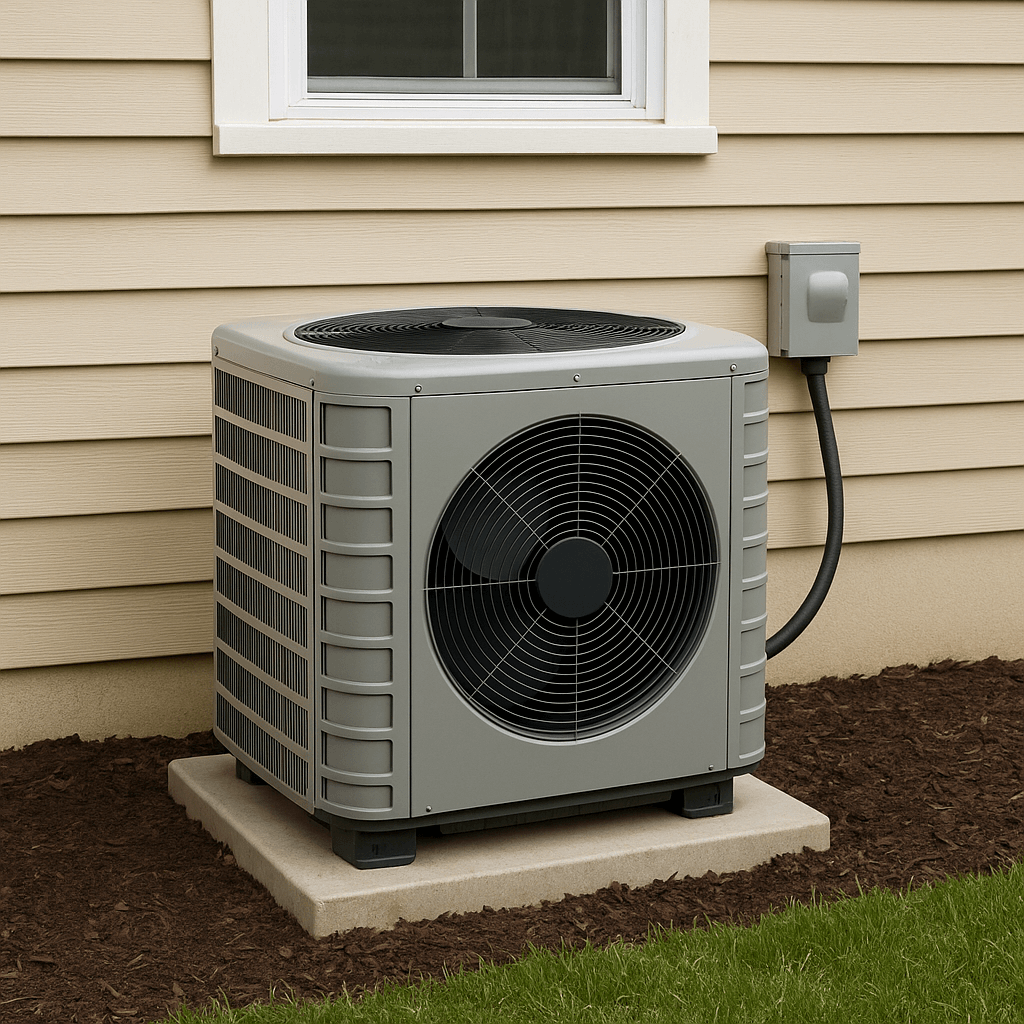
Common Air Conditioner Mistakes That Can Cause You Problems
May 29, 2025

How to Stay Cool During the Summer Heat
April 21, 2025
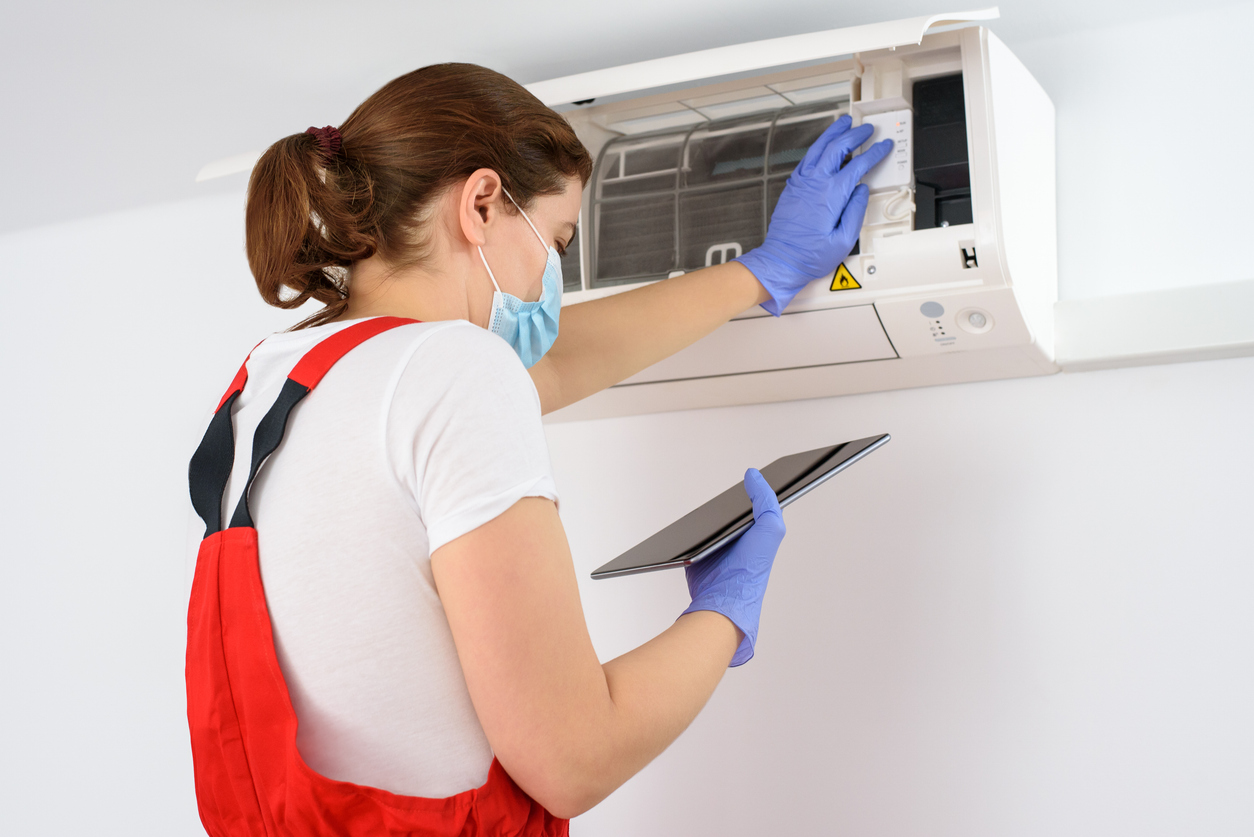
When to Upgrade Your AC Systems: Benefits & More
February 25, 2025

Why Remote Workers Should Upgrade Their HVAC
February 10, 2025
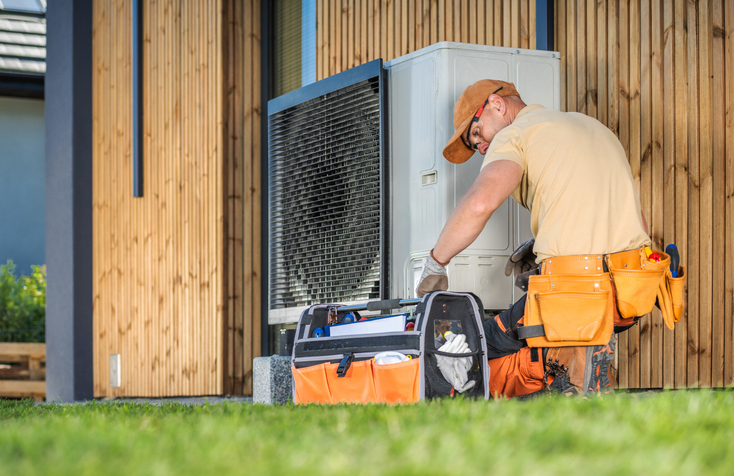
Common Home Heating, Furnace Repair & Replacement Myths
February 7, 2025
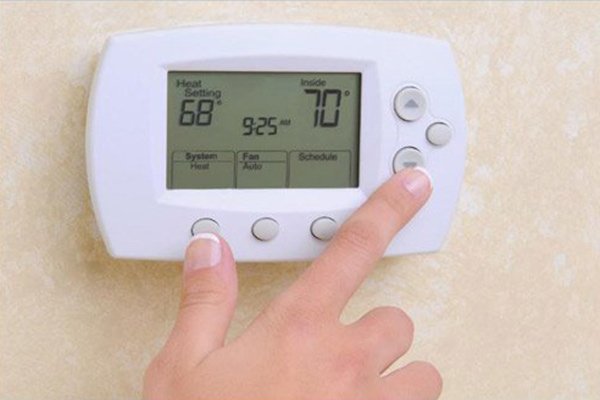
Keep Your Fireplace and HVAC Systems Running Strong All Winter
December 6, 2024
